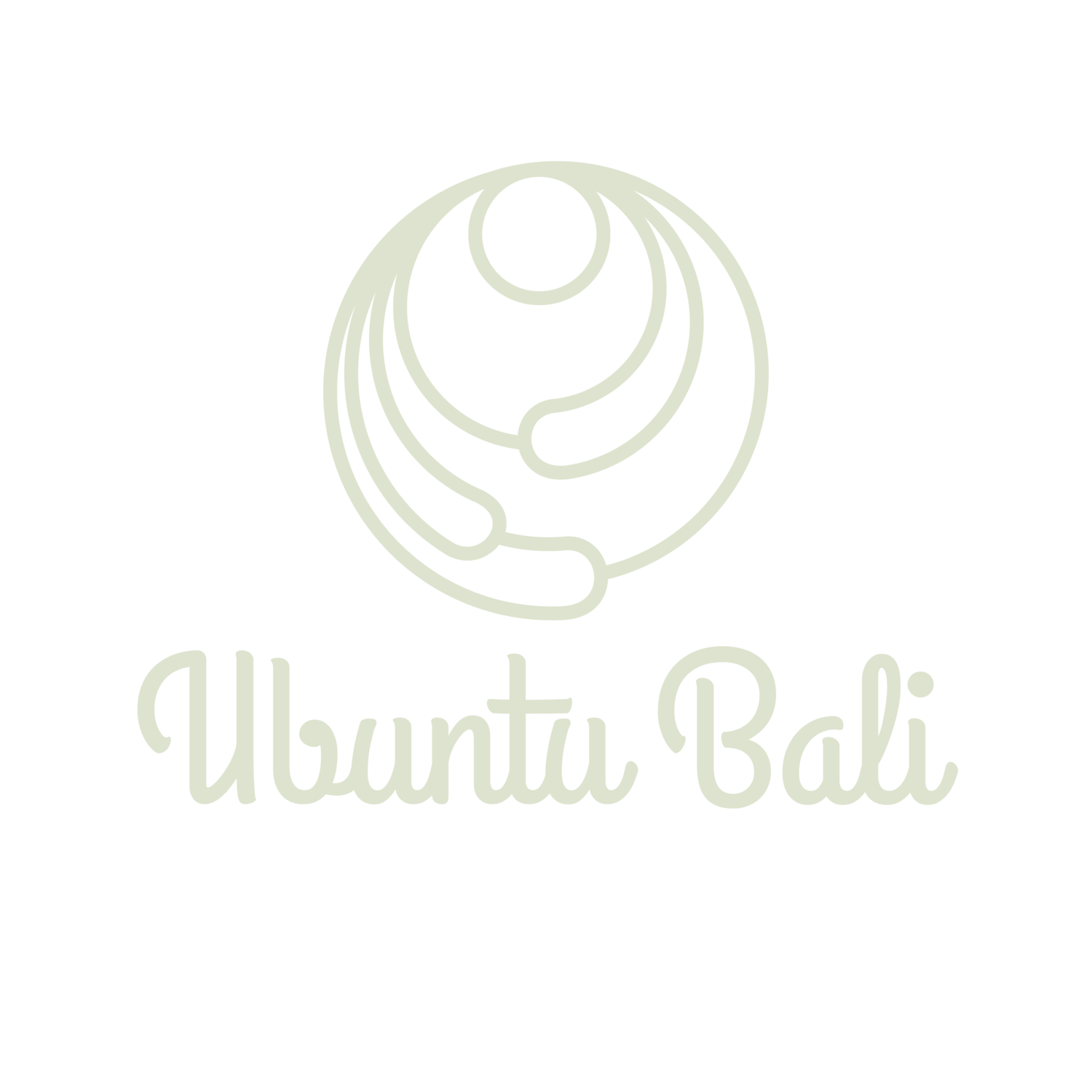Yoga & Psychology: Become Friends with Your Mind
By: Charlotte Skogsberg
Our beloved mind and the numerous stories that run rampant in our thoughts throughout any given day. No one is immune. Not even yogis. So how do we develop a loving relationship with our minds? In this article, guest author Charlotte Skogsberg shares how.
I was listening to a well-known therapist explaining that if we can understand 4 things about the functioning of the mind, we can turn around the continuous conflict in our heads.
the mind only wants to do what you ask of it.
the mind is hardwired to move towards pleasure and even more so, away from pain.
the mind understands things from the pictures we create and the words we use to describe.
the mind will always fall back to what is familiar.
These 4 facts then makes the following true: depending on what we first learned, we will associate pleasure with certain things and pain with other. Depending on the perception of reality we got when we arrived here (i.e birth), we will create specific patterns of thought and we will keep these patterns because they are familiar.
The more we repeat the same things, from morning routine to evening bedtime, the more our life stays within the frames of these familiar patterns. And we don’t change anything so we keep seeing reality from that point of view.
Healing Old Wounds
The book in this photo, by Caroline Myss, explains that to heal, we need to break the patterns of old habits. We have to take responsibility of our present situation instead of listening to the victim role in our head telling us what has been done to us.
It is not a question of denying traumas that we have been through (and yes, we all have gone through trauma. It doesn’t have to be war, famine and physical abuse to have traumatised us) but we need make peace (recognise, accept, investigate, nurture) with that part and then look forward.
This means that we need to be active in the healing of our old wounds. Like any other addiction (and being addicted is repeating what we are familiar with) it starts with “admitting you have a problem”.
What does that mean (what do you mean, I have a problem??!)? I translate that “first step” into become conscious of why I do what I do when I do it.
Healing Through Meditation
How do I do that? I start with something as simple and as difficult as meditation. Through meditation I develop a capacity to observe before I react in a situation. I can then use that observation to read the signals from within (thoughts, emotions, physical sensations) to know how I feel about the situation before I decide to react on it.
Now, the greater my understanding of my own reactions become, the more power I have in the present moment. And the ways of the mind can then be used to my advantage instead of the habitual destructive ones. I can un-condition and then re-condition it.
You probably already do. Is there a specific song you like to listen to in order to be in a good mood? Do you have a favourite anything (coffee shop, clothing, jewellery, short-cut to work) that magically seems to put you in a more creative state to perform a task?
If we can create the most pleasurable state for our mind to bathe in, we not only will feel more at peace, but also enjoy common tasks.
I know, it’s not easy to do. Often we take those great days where we feel good, everything works well and we do all the things we had planned, as random occasions. Not something we can control. But we can! (let me give you a hint - there’s yoga in the solution).

